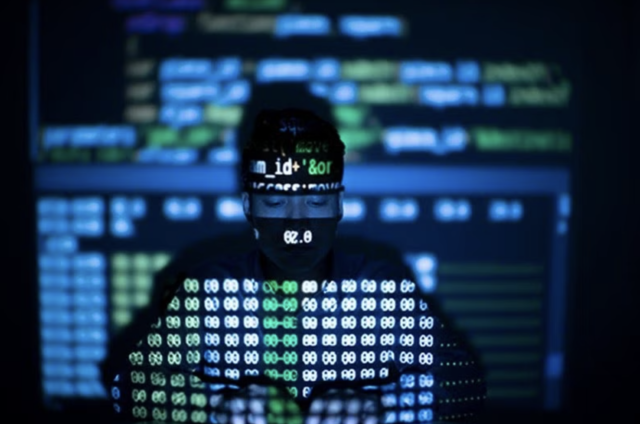North American lawyers specialising in the treatment of cyber-security cases highlighted, on Saturday in Tangier, the legal inadmissibility of the "pseudo-evidence" contained in the reports of Citizen Lab, Amnesty International and Forbidden Stories concerning the alleged use of the Pegasus software by certain countries.
At a hearing before the National Commission for the Supervision of Personal Data Protection (CNDP), US attorney Tor Ekeland of the New York bar said the so-called evidence provided by the above organizations was "inadmissible" in a US federal court because it was based on "junk science".
"The first thing an American court does in reviewing scientific evidence is to see if the evidence meets the principle of reproducibility," he said. However, he noted that the Citizen Lab results cannot be reproduced in any way, which is in itself a "red flag".
Moreover, he continued, "the first thing I noticed in this case is the particularly vague and ambiguous nature of the conclusions of Amnesty International and company". The report of the above-mentioned organizations merely cites "traces" of an alleged Pegasus presence, without giving any explanation of what these traces mean, Ekeland observed.
Similarly, the US lawyer continued, the other concept that US courts rely on in reviewing any scientific evidence is that of "refutability".
"What Amnesty and Citizen Lab are doing is, in my opinion, very dangerous, because they are promoting a kind of junk science and making accusations that they can't back up because no one else has done any testing," he said.
Agreeing, New York-based Canadian lawyer Michael Hassard, also a computer expert, explained that when scientific evidence is submitted for analysis, it can often be subject to 'confirmation bias'.
"When fingerprints were first used in forensics, they were subject to confirmation bias, and the same thing happened with hair analysis, dental records and even DNA analysis," he said.
He cited the book on this issue by Chris Fabricant, a lawyer for the American organization “The Innocence Project”, entitled "Junk Science and the American Criminal Justice System".
The methods of scientific analysis of evidence in the field of cyber security and computer science are relatively recent and far from infallible, Hassard noted.
Latest Stories
-
Where hope fails: Ghana’s decaying home for the destitute
5 mins -
NDC Mining Committee for 2024 campaign refutes allegations of recruiting thugs for elections
15 mins -
Traction Control: A lifesaver with an off switch? Here’s why it exists
18 mins -
I don’t need anyman to woo me with money – Miss Malaika 2024 winner refutes pimping claims
25 mins -
”Kurt Okraku sabotaged my national team career because I refused to sign with Dreams FC” – Najeeb Yakubu
26 mins -
Businesses urged to leverage Generative AI for enhanced customer engagement
30 mins -
MultiChoice Ghana partners with Ghana Hotels Association to elevate guest entertainment
38 mins -
Bawumia’s music streaming app or Mahama’s pay-per-view TV channel?
43 mins -
Karpowership Ghana empowers 40 Takoradi Technical University students with scholarship
45 mins -
We expect significant reduction in prices of petroleum products in coming weeks – CEO AOMC
59 mins -
Betway Africa offers once-in-a-lifetime ‘Play-on-the-Pitch’ experience at Emirates Stadium
1 hour -
I coined the term ‘hype man’ in Ghana – Merqury Quaye
1 hour -
Vasseur questions ‘strange momentum’ of Formula One race director change
2 hours -
“I am disappointed in Kojo Manuel” – Merqury Quaye on “no tie” comment
2 hours -
Nana Kwame Bediako; The beacon of unity
2 hours

